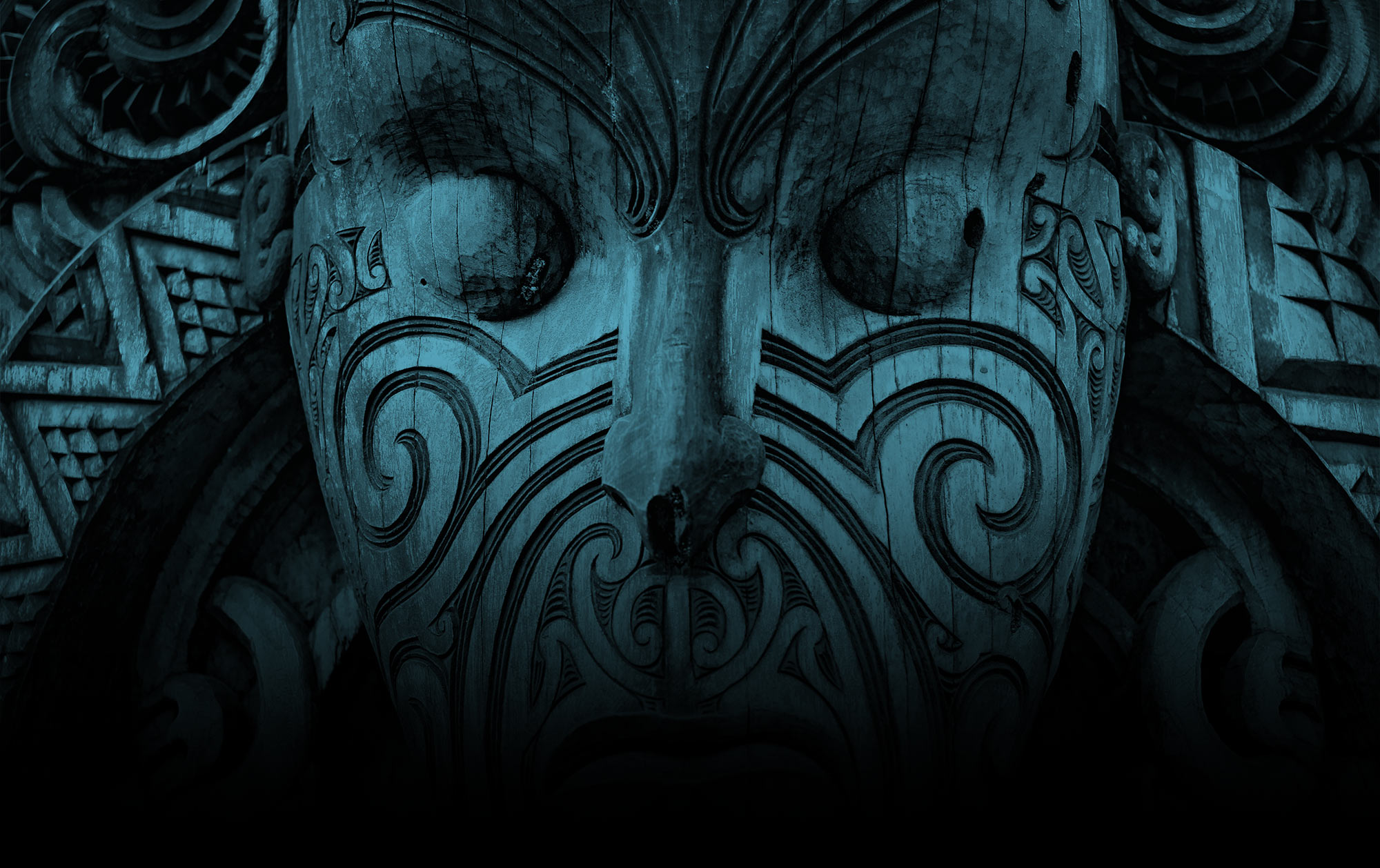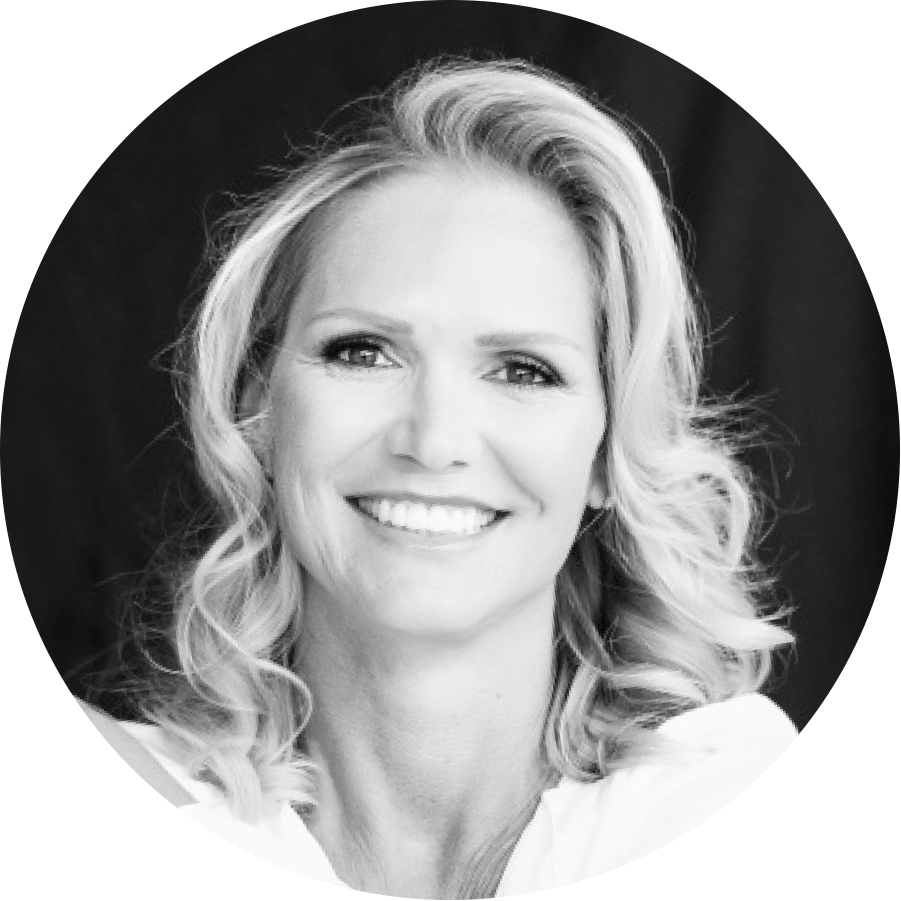
s a Māori woman, my experiences and understandings have been shaped by the knowledge passed down by indigenous people before me. They offer perspectives that a lot of the world has forgotten or overlooked for one reason or another. What we’re doing to our planet and what we’re doing to other people shed light on a troubling, tragic disconnection from others, our land, and what is best for humanity.
As a global education leader, I am always weaving indigenous knowledge and understandings into my day-to-day interactions, with the hope it will help to re-ground the current population and our next generations’ education toward people, planet, progress, and prosperity.
What would school systems look like if contribution was the learning? It’s a question whose answer I’m hopeful to see.
The fundamental question we’re charged with as leaders in education is what we should teach. What do kids need to learn? The traditional view is that the subject or knowledge domains utilized are vehicles for delivering facts and information that lay the foundation for future pursuits. But knowledge alone can’t ensure that we use what we learn in the right ways, i.e., to find meaning and fulfilment. All the knowledge in the world, in the wrong hands, is dangerous. We have to use knowledge and learning for good. We all have to learn what it takes to contribute.
My mother didn’t work from a curriculum, nor a set list of goals and objectives to meet. What she had was a real, profound understanding of what it means to succeed and how to help people do it. She provided a loving, supportive environment with high expectations for me and my siblings. She let us make choices and set our own goals, and then guided the way on our paths to achievement. Hers was a human, contributive curriculum—it continues to teach us to add to the world.
I’ve been reminded that people are what matter most: who they are, not what they know. We’re put on this earth to make people’s lives better. My mother lived up to the challenge and more. She helped us find self-understanding, connection, knowledge, and competency—a meaningful life. These are the things others want for the people they love; this is the answer to what we should teach in our schools. A school that guides students to success and well-being is a school that is well versed in my mother’s curriculum.
This knowledge is not new knowledge or knowledge that has been revived. This knowledge has been practiced in some countries for tens of thousands of years, with generations supporting individuals, communities, and land. Applying practices of caring for land and storytelling will build sustainable connections through thoughtful and intentional leadership. Adopting this way of being provides opportunities for learning and growth both individually and systemically, ensuring our footprints contribute to the world and humanity in a positive manner. It is a way of being that needs to be adopted by the many. Consider Corporate Social Responsibility, particularly social (and environmental) sustainability or caring for our planet.
A great example of indigenous leadership stems from the Australian Aboriginal and Torres Strait Islander peoples, who reference Country as a living, breathing entity, encompassing the cultural, social, physical, and spiritual connections that exist with the lands and waters, and extending to all within it. Country references the connection and custodial rights and responsibilities of First Nations peoples, but also the role that all people have in making fundamental change. Aboriginal lore ensures that we only take or consume what is needed, nothing further, yet the modern approach of consumerism polarizes this very concept. If we nurture and harness the relationships with Country, particularly its people—young and old—then we can build upon our ideas and actions in a more intentional, socially responsible, and sustainable way.

When we adopt these indigenous ways of being, we accept diversity as a platform for unity. We recognize we are the custodians of our world and all within it. We cultivate leaders who wholeheartedly embody and embrace themselves, who in turn make intentional decisions to positively contribute to a world in which our children’s children would be proud.
Learning who you are, how you fit into the world, and how you can contribute to humanity, at any age, at any stage—we call that Contributive Learning.™ It is best cultivated in three ways:
- Develop self-understanding.
- Cultivate knowledge, foster competency, make connections.
- Don’t bring people down, lift people up. Don’t subtract from the world, add to the world.
Learn to contribute, in your way, every day. That’s what true leadership is—at any age.

Founder: Kia Kotahi Ako Charitable Trust | Contributive Learning
Fellow: Salzburg Global Seminar | Edmund Hillary Fellowship (EHF)
Advisory Board Member: Education New Zealand | Manapou ki te Ao | People for Education Canada
Executive Karanga: Website | Twitter | YouTube | LinkedIN